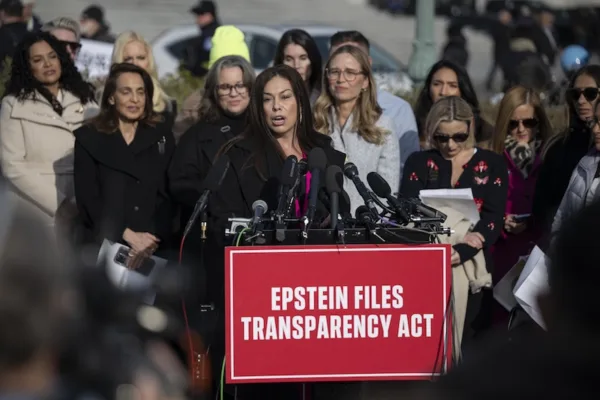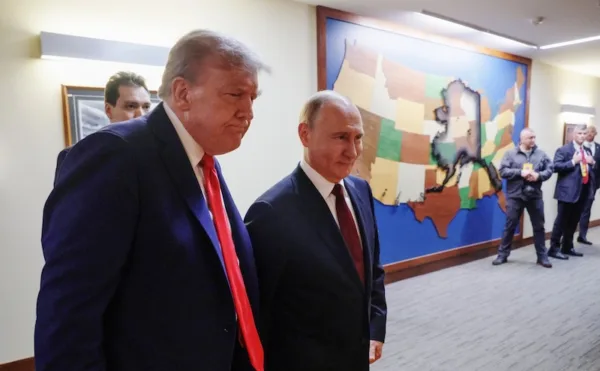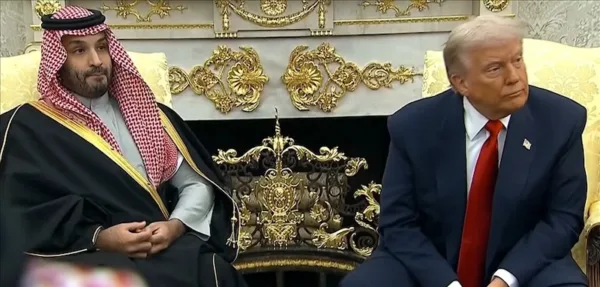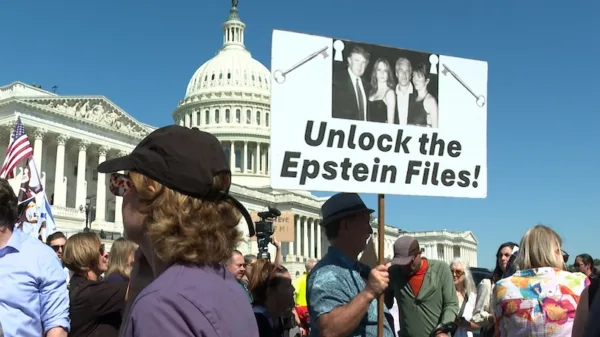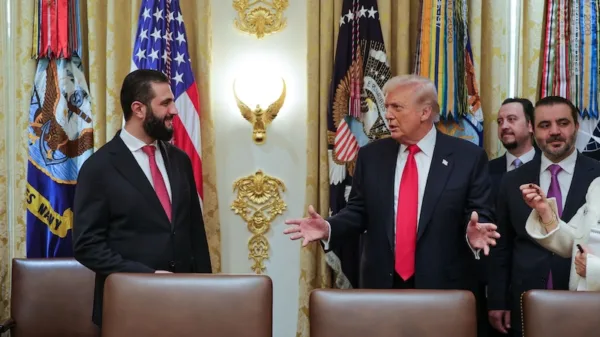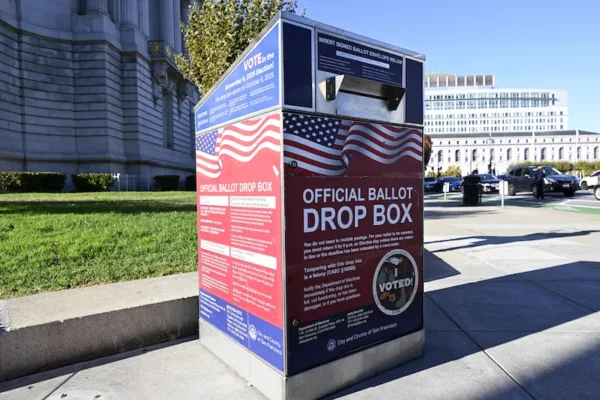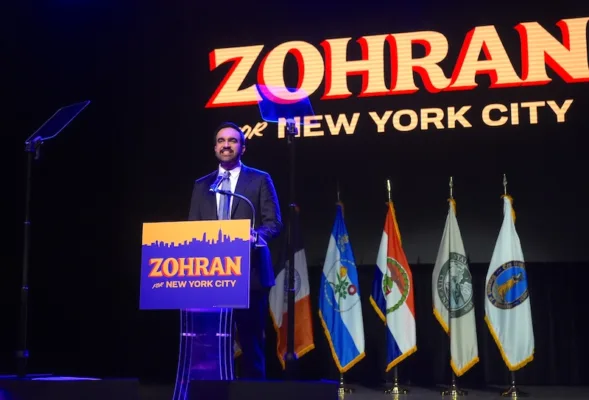State Secularism and the Headscarf Divide at Turkish Universities
The Young Scholars on Turkey Program (YSOT) Presents
“State Secularism and the Headscarf Divide at Turkish Universities” with Sarah Fischer (American University)
Scholars typically view secularism as a means to protect women from patriarchal religious practices, while preserving women’s political rights. However, the case of Turkey gives reason to reconsider the assumption that secularism is always beneficial to women. In Turkey, more than sixty percent of women wear a headscarf, which the state assumes is worn as a religious political symbol. Women who wear the headscarf face laws designed to “protect secularism” with the effect that these women are prohibited from being students or faculty at public and private universities. How is it that secularism may be used against women in a way to reinforce patriarchal practices? Why have the Turkish universities become such contested public spaces? What is the impact of the headscarf ban on women’s pursuit of higher education?
Moderated by Kadir Ustun, Co-Director of the YSOT program at SETA Foundation
Event Summary
Sarah Fischer argued that “state secularism” hinders the development of women and democracy in general since it tries to “protect the sacred secular spaces of nationalism” by “limiting women’s access to education and thus jobs.”
Fischer started her presentation by outlining the theoretical framework and the historical background of the headscarf issue in Turkey. Making a distinction between “value-based” and “amoral” secular states, Fischer asserted that Turkey fit into the latter category since the republican elite “embraced secularism as a way to solidify their hold on the power in Turkey.” “By controlling Islam through laicism, they brought religion under their purview” she said. Thus, “the elite were not concerned with expanding democracy or ensuring human rights.”
Pointing out that the “headscarf issue has become the dividing issue between the ‘secular’ and ‘Islamist’ political factions,” Fischer said that “%63 of Turkish women wear some form of the headscarf” despite its perception as a threat to secularism by the elites. In fact, by telling women not to dress in a certain way, state secularism displayed a “patriarchal” attitude in the name of a “modern secular Turkey”.
Countering the argument that women wearing headscarves “support an Islamic theocracy in Turkey,” Fischer argued that the majority of them did not perceive of their headscarves as a “political symbol” and they, in fact, support secularism. Fischer argued that these women perceived it as a civil rights issue by citing one of her interviewees saying, “I want my rights. I want to go to school while wearing my headscarf. Because what we have now is not democracy.”
Sarah Fischer’s research investigates the relationship between religion, democratization, and gender in Turkey. In addition to presenting research at conferences such as the American Political Science Association’s Annual Meeting, the World Congress on Middle Eastern Studies, and the Midwest Political Science Association’s Annual Meeting, she has won a Boren Fellowship, two Critical Language Scholarships, an ARIT-AATT Turkish Language Scholarship, and numerous other scholarships and fellowships. Ms. Fischer received her undergraduate degrees from Iowa State University. Currently a Ph.D. candidate at American University in Washington, D.C., Ms. Fischer has also studied at Koç University and Boaziçi University in Istanbul.





